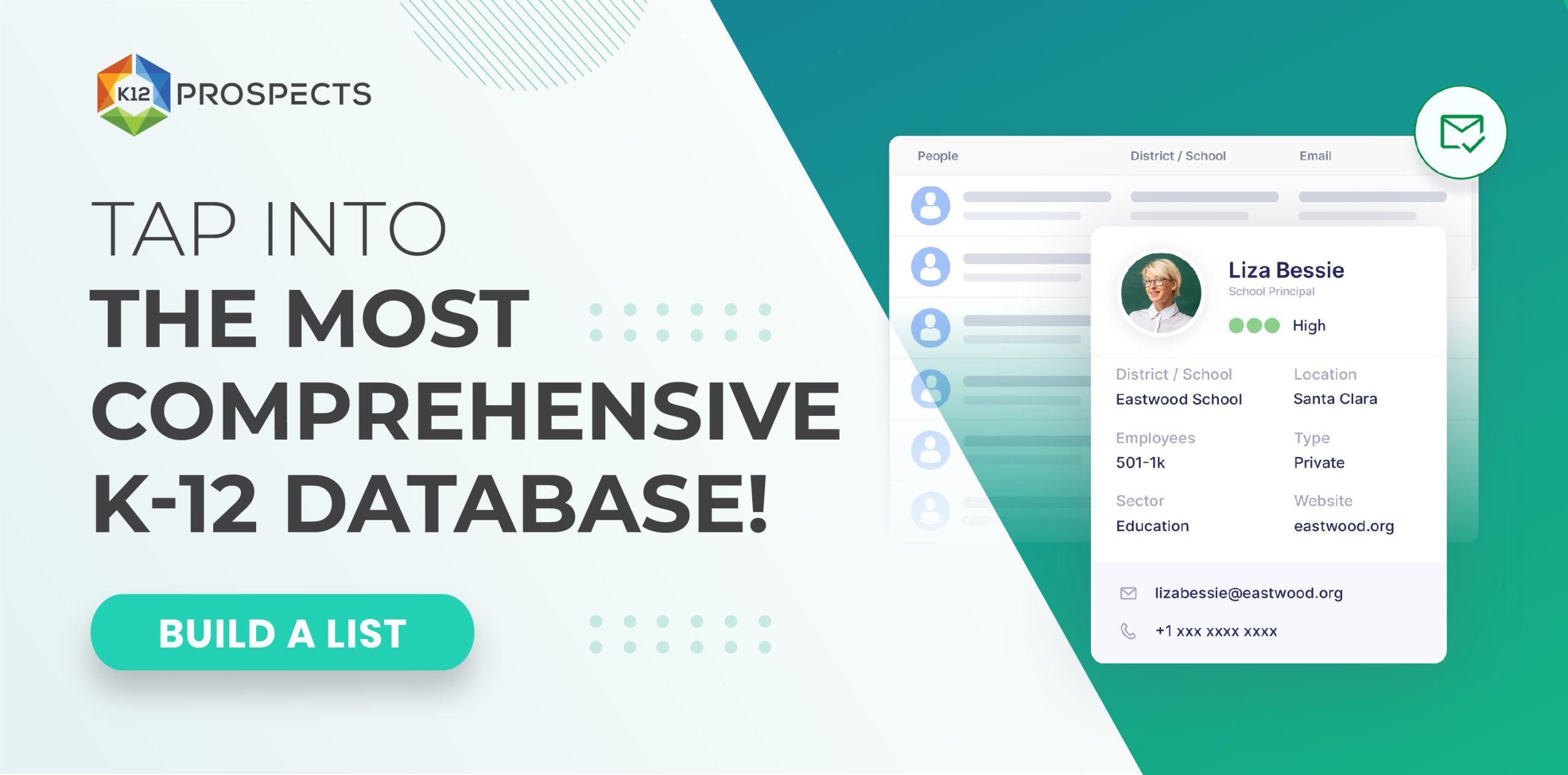What Schools Look for in Vendors: Building Trust and Credibility

Selling to schools isn’t just about offering a great product or service—it’s about establishing credibility and building trust with decision-makers. Schools prioritize vendors who demonstrate reliability, quality, and long-term value. District administrators, procurement officers, and school boards need assurance that any investment they make will directly benefit students and educators. For vendors, this means going beyond a simple sales pitch and developing relationships based on transparency, compliance, and measurable impact.
School purchasing decisions are often influenced by a combination of past experiences, budget constraints, and alignment with educational goals. Vendors who understand these priorities and tailor their approach accordingly will stand out from the competition. Building trust with schools requires consistent engagement, clear communication, and a proactive approach to solving their challenges.
Key Factors Schools Consider When Selecting Vendors
Proven Track Record and Experience
Schools prefer vendors with a history of success in the education sector. Decision-makers want reassurance that a product or service has been tested and proven effective in similar environments. A lack of experience in the K-12 market can make it challenging to secure contracts.
Strategy:
- Showcase successful implementations in similar districts with measurable impact.
- Provide testimonials from administrators, teachers, and IT directors to build credibility.
- Offer pilot programs or trials to demonstrate the effectiveness of your solution in real school settings.
Alignment with Educational Goals and Standards
Schools prioritize solutions that align with curriculum requirements, state standards, and instructional priorities. If a product does not directly support learning outcomes or classroom efficiency, it is unlikely to be considered.
Strategy:
- Clearly articulate how your product supports student achievement and teacher effectiveness.
- Ensure compliance with state and district education policies and learning frameworks.
- Provide training and professional development to help educators maximize the value of your solution.
Compliance with Procurement and Data Security Regulations
Schools must adhere to strict procurement policies and student data privacy regulations, particularly for EdTech vendors. Failure to meet these requirements can result in rejection, regardless of a product’s quality.
Strategy:
- Ensure compliance with FERPA, COPPA, and other relevant regulations to protect student data.
- Provide clear documentation on security measures and privacy policies.
- Work closely with district IT and procurement teams to meet security and purchasing standards.
Cost-Effectiveness and Funding Options
Budget constraints play a significant role in school purchasing decisions. Districts look for vendors who offer cost-effective solutions with strong return on investment (ROI).
Strategy:
- Offer flexible pricing models, including multi-year contracts and payment plans.
- Assist schools in identifying and applying for grants or alternative funding sources.
- Demonstrate cost savings over time and the long-term benefits of your product.
Strong Customer Support and Training
Schools value vendors who provide ongoing support to ensure smooth implementation and long-term success. Many educators lack the time or resources to troubleshoot technology issues or navigate new systems on their own.
Strategy:
- Assign dedicated account managers to school districts to assist with onboarding and implementation.
- Offer extensive training sessions and continuous professional development opportunities.
- Maintain a responsive customer service team that can address concerns promptly.
Strategic Approach for Building Trust with Schools
To establish trust with schools and districts, vendors must take a strategic and long-term approach that goes beyond the initial sale. Here’s how:
- Engage Early and Consistently: Schools have long purchasing cycles, often planning budgets months in advance. Engaging with decision-makers early and staying in contact throughout the year increases the chances of securing a contract.
- Be Transparent and Honest: Schools appreciate vendors who are upfront about pricing, implementation challenges, and expected outcomes. Avoid overpromising and focus on delivering real solutions.
- Demonstrate Long-Term Commitment: Schools prefer vendors who show dedication to their ongoing success. This includes offering continuous updates, training, and improvements to your product or service.
- Position Yourself as a Thought Leader: Contribute to the education sector by publishing whitepapers, hosting webinars, and participating in industry conferences. Schools are more likely to trust vendors who actively engage in educational conversations.
- Develop Personalized Solutions: Each district has unique needs and challenges. Taking the time to understand these specific requirements and offering tailored solutions will help build credibility and trust.
Conclusion
Trust and credibility are the foundation of successful vendor-school relationships. Schools look for vendors who have a proven track record, align with their educational goals, comply with regulations, and provide strong customer support. By strategically positioning your company as a reliable and transparent partner, vendors can increase their chances of securing contracts and building long-lasting relationships with school districts.



